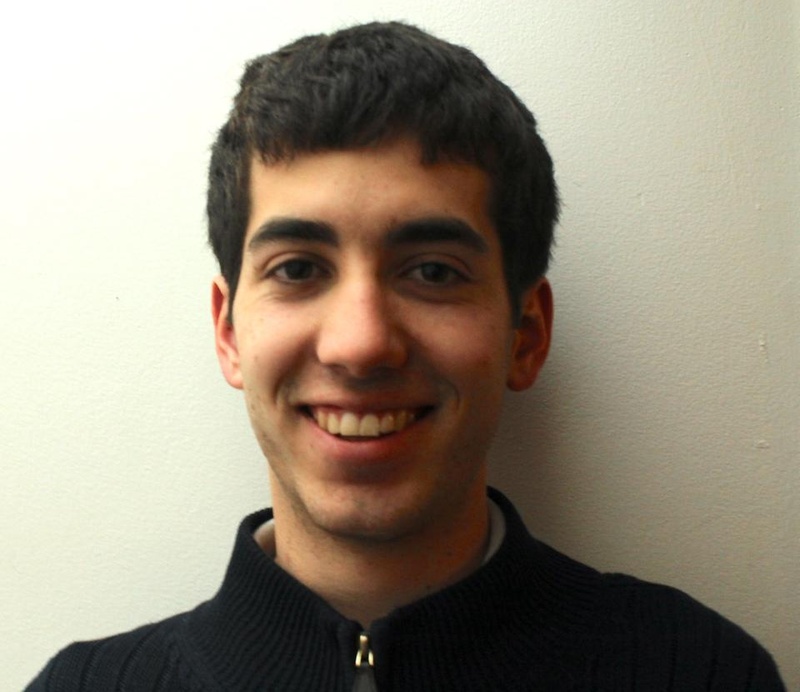Music is more than just a source of entertainment for Phillip C. Golub ’16. As well as boasting an impressively large collection of tracks on his iPod, Golub has composed concert pieces that have been performed by the Los Angeles Philharmonic orchestra. On Friday, one of his pieces will be debuted by the Harvard student ensemble the Brattle Street Chamber Players in Paine Hall.
The Harvard Crimson: How long have you been composing?
Phillip C. Golub: I’ve been composing since the beginning of high school. That would be about four years ago.
THC: You obviously know music very well. Do you play any instruments?
PCG: I’m a pianist. I play jazz piano as well as classic piano.
THC: How does it feel to have your work being performed as a freshman in college?
PCG: First of all, there’s the general thing of having your music performed, which is an incredible experience. I always describe [hearing my pieces performed] as [though] time goes in two directions—everything slows down and you hear every moment. It’s like every second takes an hour and you hear every mistake and everything you intended going wrong. But at the same time, the whole piece goes by in a matter of moments and you don’t even notice it… As a freshman though, I’m very excited to already kind of be on the map a little bit…. I was excited coming into Harvard. I knew how much student music was going on on campus, and I’m very excited to already be able to work with people.
THC: What is your level of involvement with the final performance of your music?
PCG: I always feel that once a piece is written, although it has the composer’s name on it, it doesn’t belong to the composer anymore. Some composers take a different approach to this and they like to be very involved in the process, but I write my music for musicians to play and to interpret it. I hope they take the same approach with my music as they would with anybody’s music, like [they would] with a dead composer. I’m there to be a resource… but ultimately I take a pretty hands-off approach. I go to rehearsals, but I try not to say too much unless there’s something that they’re just really not getting. We’ve only had a few rehearsals, and I’ve been there for some of them as a guide…I’ve also been absent at a few rehearsals to just let them do their thing.
THC: Is composing something that drives your career goals?
PCG: Very possibly. I perform and I compose, and I can’t ever see myself giving up one or the other. But it’s not really sustainable to do both. I think they will inform each other in some way if my career in music actually happens.
THC: So you compose classical music, but what types of music do you like to listen to?
PCG: It’s very hard for me to put labels on things like this. I generally like to say I like to listen to any music that I think is good, but that’s not really saying anything. I listen to classical music…. I listen to a lot of jazz, and anything else, whether that’s indie rock or hip-hop or folk or whatever…. Anything that strikes me when I hear it, I’ll spend some time with it and it will probably make its way into what I’m doing in some indirect way.
THC: Who would you say has been your greatest inspiration as a composer?
PCG: My dad would be the first. My dad is a composer, so there’s obviously a very direct influence there. Some other composers I really admire for very different reasons are Stravinsky, who was kind of my first real obsession. I saw the Los Angeles Philharmonic perform “The Rite of Spring” when I was eight years old with Zubin Mehta conducting. It’s my first musical memory. I met him after the concert, and it was this incredible star-struck experience…. I also had an obsession with the “Goldberg Variations” by Bach when I was little. I also love Ravel. He is currently my favorite composer. I find what he is doing [to be] so amazing. And then Beethoven, because he changed everything.
Read more in Arts
Jason Alexander Begins a New Act













